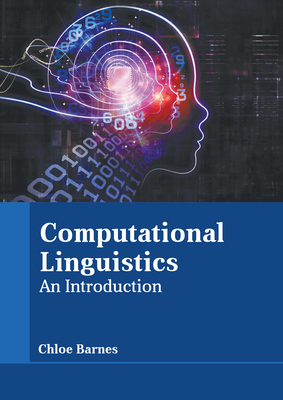NLP模型中解释价值的维度
IF 5.3
2区 计算机科学
Q2 COMPUTER SCIENCE, ARTIFICIAL INTELLIGENCE
引用次数: 1
摘要
数据集的性能通常被视为评估NLP模型的关键标准。我将主张更广泛的视角,强调科学的解释。我将借鉴科学哲学的悠久传统,以及评估科学理论的贝叶斯方法,为评估NLP模型提出多种标准。为了说明这些观点,我将比较一些最近的语言生产模型。最后,我想问一下,如果NLP社区采纳这些想法,对体制政策意味着什么。本文章由计算机程序翻译,如有差异,请以英文原文为准。
Dimensions of Explanatory Value in NLP models
Performance on a dataset is often regarded as the key criterion for assessing NLP models. I will argue for a broader perspective, which emphasizes scientific explanation. I will draw on a long tradition in the philosophy of science, and on the Bayesian approach to assessing scientific theories, to argue for a plurality of criteria for assessing NLP models. To illustrate these ideas, I will compare some recent models of language production with each other. I conclude by asking what it would mean for institutional policies if the NLP community took these ideas onboard.
求助全文
通过发布文献求助,成功后即可免费获取论文全文。
去求助
来源期刊

Computational Linguistics
工程技术-计算机:跨学科应用
CiteScore
15.80
自引率
0.00%
发文量
45
审稿时长
>12 weeks
期刊介绍:
Computational Linguistics, the longest-running publication dedicated solely to the computational and mathematical aspects of language and the design of natural language processing systems, provides university and industry linguists, computational linguists, AI and machine learning researchers, cognitive scientists, speech specialists, and philosophers with the latest insights into the computational aspects of language research.
 求助内容:
求助内容: 应助结果提醒方式:
应助结果提醒方式:


